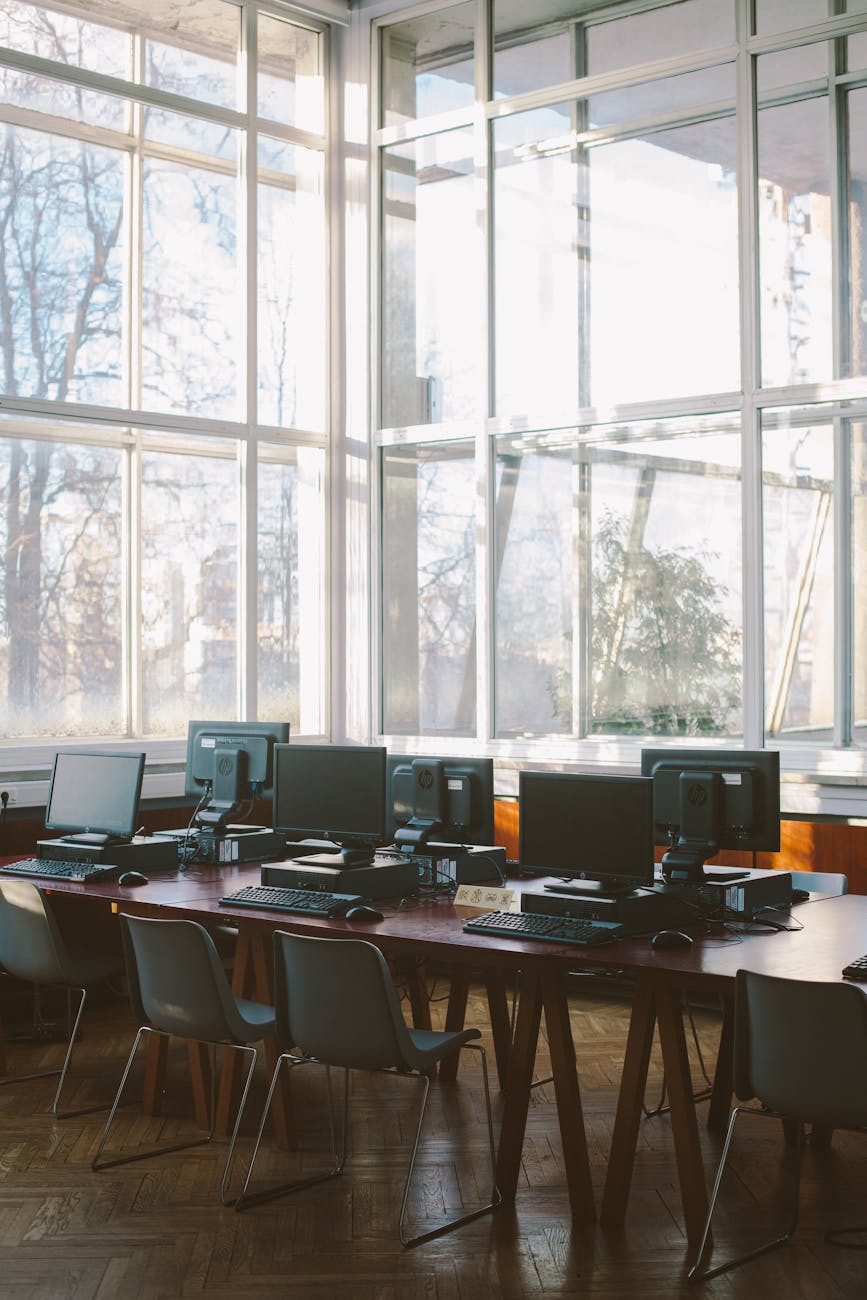Cybersecurity has become a growing concern in today’s digital age, especially when it comes to using public computers. Safe public computer usage is essential to protect your personal information and privacy. Whether you are traveling, working remotely, or simply need to use a public computer, there are several key tips to ensure risk-free browsing. By following these guidelines, you can minimize the chances of falling victim to cyber threats and safeguard your online activities.
Understanding the Risks of Public Computers
When using public computers, it’s crucial to be aware of the potential risks involved. Public computers are more vulnerable to security breaches and malware infections compared to personal devices. Since these computers are accessible to multiple users, there is a higher risk of unauthorized access to sensitive data such as login credentials, financial information, and personal files. Understanding these risks is the first step towards practicing safe public computer usage.
Securing Your Sessions with Virtual Private Networks (VPNs)
One of the most effective ways to enhance your online security when using public computers is by using a Virtual Private Network (VPN). A VPN encrypts your internet connection, making it more difficult for cybercriminals to intercept your data. By connecting to a VPN server, you can protect your online activities from prying eyes and potential hackers. Ensure to use reputable VPN services to safeguard your privacy effectively.
Avoiding Sensitive Transactions and Login Activities
While using public computers, it’s advisable to refrain from conducting sensitive transactions or logging into accounts that contain confidential information. Avoid accessing online banking, shopping websites, or entering your login credentials for social media accounts on public computers. By avoiding these activities, you can reduce the risk of your data being compromised or stolen by third parties.
Clearing Browsing Data and Logging Out Securely
After finishing your session on a public computer, remember to clear your browsing data and log out of all accounts securely. Clearing your browsing history, cookies, and cached data helps prevent any personal information from being stored on the computer. Additionally, ensure to log out of all websites and applications to prevent unauthorized access to your accounts by the next user.
Beware of Shoulder Surfing and Keyloggers
When using public computers, be cautious of shoulder surfing and keyloggers. Shoulder surfing refers to individuals looking over your shoulder to steal your login credentials or personal information. Avoid typing sensitive information when others are nearby and watch out for any suspicious behavior. Keyloggers are malicious software that records your keystrokes, including passwords. To protect yourself from keyloggers, consider using on-screen keyboards for entering sensitive information.
Updating Software and Using Antivirus Protection
To maintain the security of public computers, ensure that the operating system and software applications are up to date with the latest security patches. Regularly updating software helps protect against vulnerabilities that cybercriminals can exploit to gain access to your data. Additionally, installing reputable antivirus software on USB drives or cloud storage can provide an extra layer of protection against malware and other cyber threats.
Conclusion
Practicing safe public computer usage is essential for safeguarding your personal information and privacy in today’s interconnected world. By following these top tips for risk-free browsing, you can minimize the chances of falling victim to cyber threats and ensure a secure online experience. Remember to stay vigilant, exercise caution, and prioritize your cybersecurity when using public computers. Your digital safety is in your hands.



